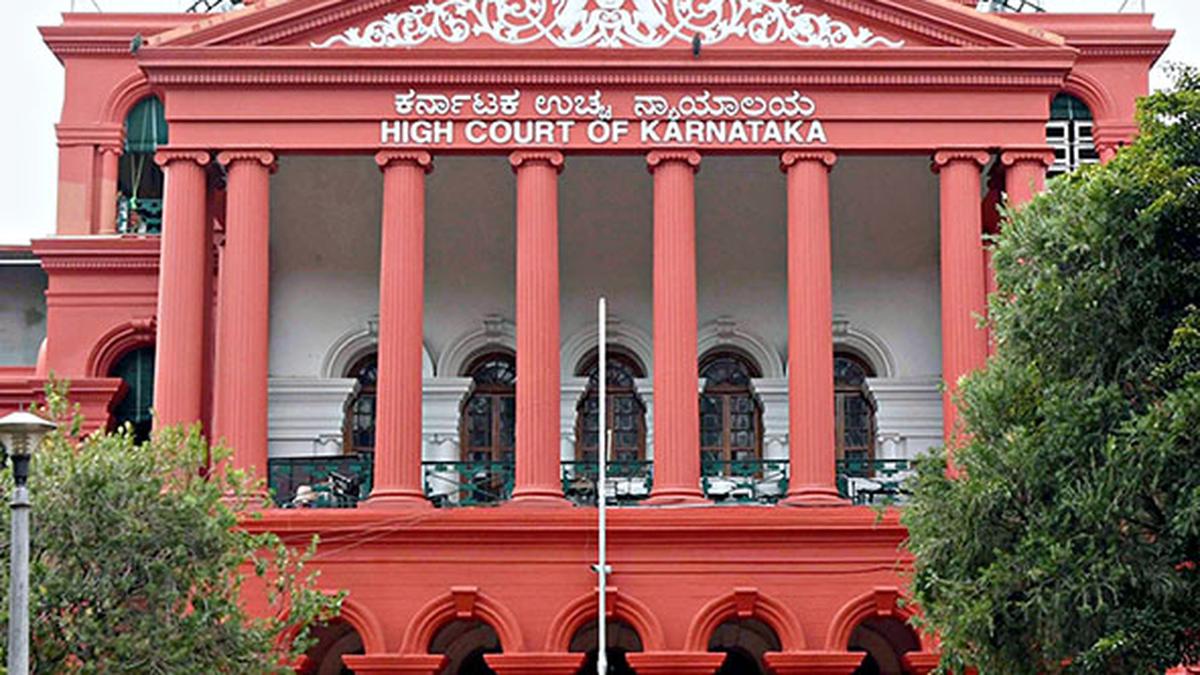
Karnataka HC denies bail for third time to Ramakrishna, founder of Sri Guru Raghavendra Cooperative Bank, in money laundering case
The Hindu
High Court of Karnataka rejects bail petition of Sri Guru Raghavendra Bank founder in money laundering case.
The High Court of Karnataka has rejected the third petition for bail filed by 73-year-old K. Ramakrishna, founder and president of Sri Guru Raghavendra Cooperative Bank, in the money laundering case registered against him by the Enforcement Directorate in connection with the alleged misappropriation of ₹1,544 crore fund of the bank.
Also, the court made it clear that he is not entitled to the benefit of the provisions of the Bharatiya Nagarik Suraksha Sanhita (BNSS), 2023, which prescribes a maximum period for which an undertrial prisoner can be detained and allows the prisoner’s release on bail if he/she had undergone one-half of the maximum period of imprisonment specified for the offences (except those attracting death or life imprisonment) alleged against the undertial prisoner.
Justice H.P. Sandesh, in his order, has pointed that the benefit of Section 479 of the BNSS, which prescribes maximum period for which an undertrial prisoner can be detained, is not applicable to the petitioner as two separate cases — one under the provisions of the Indian Penal Code and the Karnataka Protection of Interest of Depositors in Financial Establishment Act, and another under the provisions of the Prevention of Money Laundering Act — are pending against him. There is a bar in Section 479 itself for release on bail when there are multiple cases against undertrials, the court said.
Noticing that the apex court too had upheld the dismissal of his two earlier petitions for grant of bail, the High Court noted that the petitioner is facing the allegation of being the architect of the fraud and committed fraud to the tune of ₹1,554 crore by creating fictitious documents and creating fake deposits. The High Court also noted that Mr. Ramakrishna had granted loans in favour of 24 fictitious persons and the misappropriated sum in these 24 loan accounts itself was around ₹900 crore.











